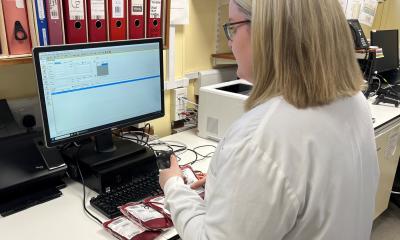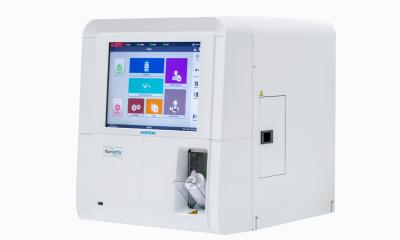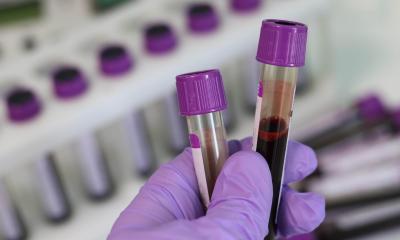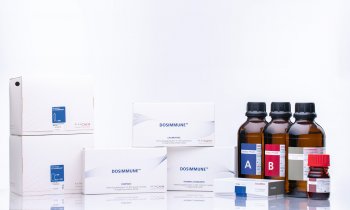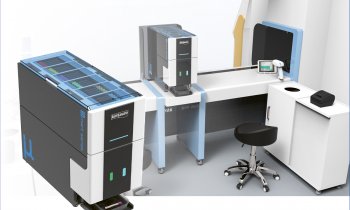Article • Troponin level monitoring
Blood test could help predict which patients survive surgery
Researchers at the James Cook University Hospital, in Middlesbrough, UK, have developed a highly sensitive blood test that could be used before surgical operations to predict which patients are at risk of complications will survive in the long-term.
Report: Mark Nicholls
Presenting their findings at the British Cardiovascular Society conference this June, they explained that they measured the level of troponin in blood samples taken from 993 patients before elective or emergency surgery. None of the patients had cardiac surgery.
The team found that 25% of the patients who had troponin levels of 50ng/l, or over, before their surgery died within six months, rising to 37% dying within 12 months of the operation. In comparison, only 2.5% of patients with a pre-operative troponin level of less than 17ng/l died within six months. Only 3.7% of these patients died within a year of their operation.

The troponin test is routinely used in Accident and Emergency departments to diagnose a heart attack and measures blood levels of the molecule troponin, which is released into the blood stream when heart muscle is injured. However, in this study 10% of patients had raised troponin levels without having suffered any previous cardiovascular events.
Dr Matthew Jackson, a Research Fellow at the James Cook University Hospital, emphasised that the study group of patients that were examined all came in for surgery at the hospital without being pre-selected for the research. ‘That’s how this study differs from previous studies in this area that looked at selected high-risk groups or people undergoing specific high-risk surgery,’ Jackson added.
While the link between the raised troponin levels and an increased death rate after surgery remains unclear, the researchers suggest that a high troponin level may show that a person is suffering from underlying inflammation. To see whether inflammation could explain the increase in death rates, the researchers are now testing the blood samples for other signs of inflammation, such as raised inflammatory markers (C-reaction proteins).
This test may help doctors to identify patients who could benefit from additional tests and medication
Matthew Jackson
The team hopes their work will lead to new ways to improve patients’ survival after undergoing an operation. ‘By helping us to better predict how patients will fare after surgery, this test may help doctors to identify patients who could benefit from additional tests and medication to get them ready for their surgery and more intensive monitoring as they recover after their operation,’ Jackson said. ‘Now we need to find out why troponin levels are raised in some patients before surgery, and why these patients are more likely to die, in order to identify treatments that could reduce the risk of death following non-cardiac surgery.’
Further studies are planned to repeat the data in a more prospective way and look at areas such as inflammation markers.
Profile:
Matthew Jackson MD is an interventional cardiology trainee and Research Fellow at James Cook University Hospital, Middlesborough, UK.
27.09.2017



